Whether you’re savoring a fine wine at dinner or hosting a special gathering, the sparkle of clean wine glasses can enhance the entire experience. Master sommeliers and wine enthusiasts agree that the cleanliness of your wine glass can affect the taste and presentation of your favorite vino. In this guide, you’ll learn how to clean wine glasses properly, remove stubborn stains, and keep them shining like new.
Why Clean Wine Glasses Matter for Taste and Presentation
Using a dirty or cloudy wine glass can dull the flavor and aroma of the wine, detracting from the overall experience. Even the finest wines can taste flat or off when served in a glass that hasn’t been properly cleaned. To truly appreciate your wine, it’s essential to keep your glasses crystal clear and free of any residue or stains.
Essential Supplies for Cleaning Wine Glasses
Basic Supplies Needed
Before diving into the cleaning process, gather these essential supplies to ensure your wine glasses are treated with the care they deserve:
- Large sink or plastic tub
- Rubber sink mat
- Microfiber towels
- Wine glass brush
- Fork or bamboo skewer
- Microfiber dishcloth
- Nylon net dish scrubber
- Mild dishwashing liquid
- Distilled white vinegar
- Baking soda
How Often to Clean Your Wine Glasses
Wine glasses should be washed after every use to prevent stains and buildup. If you’re switching between different types of wine, using a fresh glass each time is ideal. Additionally, even if your wine glasses sit unused, it’s important to wash them at least once a year to remove any dust or pollutants that may cause etching.
Step-by-Step Guide to Cleaning Wine Glasses
Step 1: Prepare Your Cleaning Station
Fill a sink or plastic tub with warm water, adding just a drop or two of mild dishwashing liquid. Line the bottom of the sink with a rubber mat or a dish towel to protect your glasses from scratches or chips.
Step 2: Skip the Suds—Minimal Soap, Maximum Care
When cleaning wine glasses, less is more when it comes to soap. Too much detergent can leave behind a residue that affects both the appearance and taste of the wine. A couple of drops of mild dishwashing liquid are all you need.
Step 3: Wash Gently with the Right Tools
Use a wine glass brush or a nylon scrubber to gently clean the glasses, focusing on the rim and the interior of the bowl. For delicate stemmed glasses, hold the glass securely by the bowl with one hand while washing it with the other.
Step 4: Rinse with the Correct Water Temperature
Always rinse wine glasses with warm water. The rinse water should be the same temperature as the washing water to prevent thermal shock, which can cause cracks. Avoid using cold or hot water as it may damage the glass.
Step 5: Lint-Free Drying for a Spotless Finish
Dry the glasses using a lint-free microfiber towel. Hold the glass firmly with one hand and use the towel to carefully dry the bowl, stem, and base. This method ensures a spotless, streak-free finish.
How to Remove Tough Wine Stains and Cloudiness
Even with regular cleaning, wine glasses can develop tough stains or a cloudy appearance, especially if they’ve been left unwashed overnight or washed in hard water. Here’s how to tackle those stubborn issues.
Using Warm Vinegar for Stain Removal
Warm some distilled white vinegar by placing a bottle in a bowl of hot water or a pan on the stovetop. Pour the warmed vinegar into the bowls of the glasses or submerge the glasses in a tub filled with the vinegar. Let them soak for an hour to break down the stains.
Scrubbing Stubborn Stains with Vinegar and Baking Soda
For those persistent red wine stains, add a teaspoon of baking soda to the warm vinegar in the glass. The mixture will fizz, helping to lift the stains. After the fizzing subsides, gently scrub the glass with a wine glass brush or a microfiber dishcloth wrapped around a fork or bamboo skewer. Rinse and wash as usual.
Tip: Be cautious when using this method on delicate glasses, like champagne flutes, as the chemical reaction could potentially cause the glass to crack.
Clearing Cloudy Film with Vinegar Soak
The same vinegar soak used for stain removal can also help clear any cloudy film left on the glasses from detergent residues or environmental pollutants. While it won’t remove etching caused by repeated washing in hard water, it can restore clarity to your glasses.
Pro Tips for Keeping Wine Glasses Crystal-Clean Longer
- Hand-wash promptly: Always hand-wash wine glasses as soon as possible after use.
- Use minimal detergent: Less detergent reduces the risk of sticky residues causing cloudiness.
- Warm water only: Use warm water for both washing and rinsing to prevent damage.
- Annual vinegar soak: Perform a warm vinegar soak at least once a year to maintain the glass’s clarity.
By following these expert tips and incorporating regular cleaning into your routine, your wine glasses will always be ready to enhance the flavor and enjoyment of your favorite wines.









